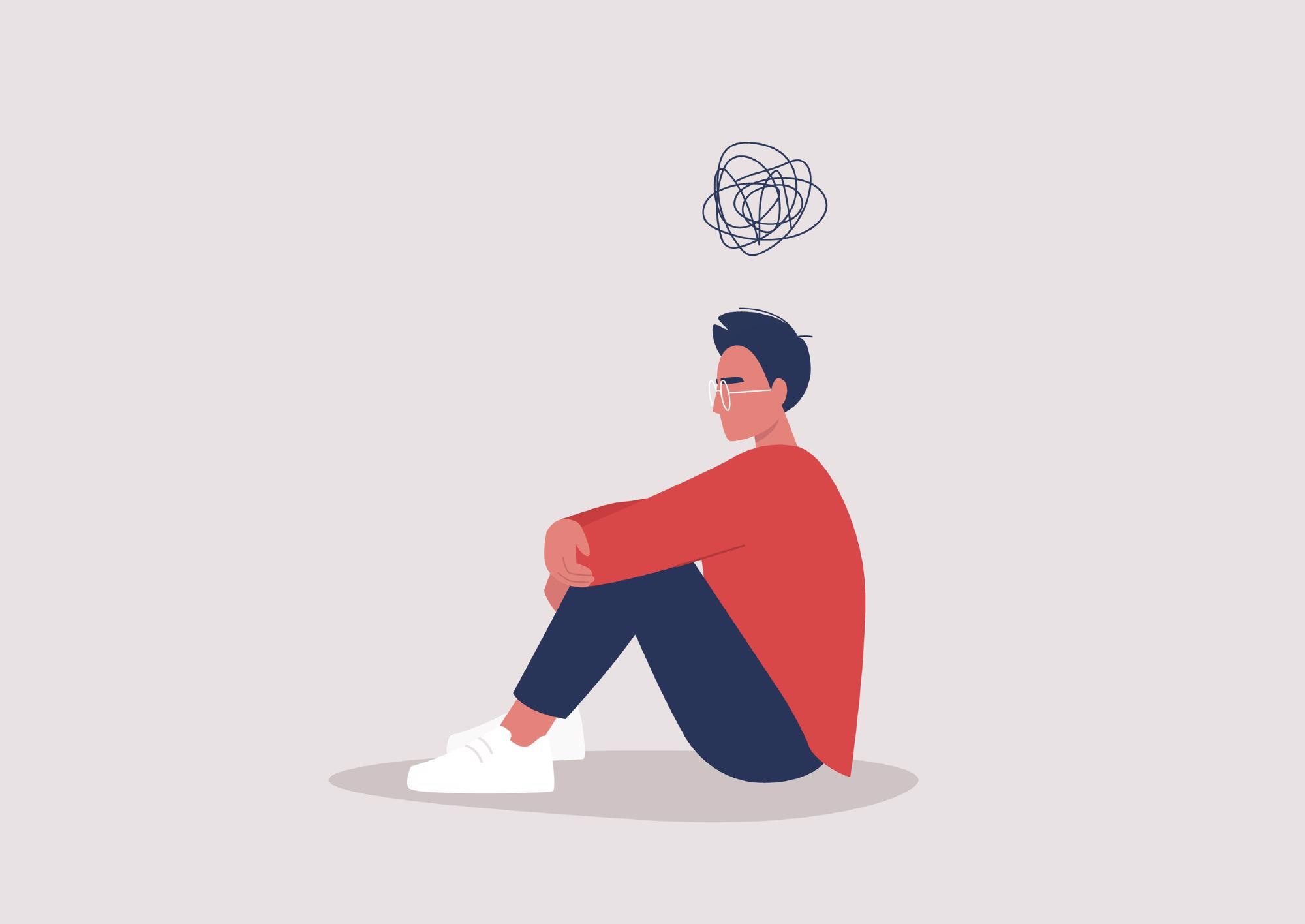Mental health is one of the most essential requirements for well-being and a high quality of life. The symptoms of mental illness can appear different in men and women, which makes it challenging to diagnose some mental conditions in men compared to women.
Men’s mental health. Image Credit: Chinnapong/Shutterstock.com
With depression, for example, men may be angry or irritable and may be extremely reluctant to seek help, thinking of it as a weakness rather than an illness.
Risk factors for mental health in men
Several things can trigger mental health problems in men, including separation, divorce, and other relationship problems; financial stress; pressures in or associated with the workplace; not having productive or paid work; illness; isolation; become a father; and drug or alcohol abuse.
Types of mental health problems in men
Post-traumatic stress disorder (PTSD) is known to occur in a significant proportion of people who have witnessed war, violence, or other dangerous events. It can result in mistrust, frequent flashbacks of the distressing event, nightmares, emotional detachment or numbness, and suicidal ideation. About 60% of men have a history of such events in their lives.
However, when women often become anxious or nervous as a result, men tend to lash out and become aggressive or use alcohol or drugs.
Depression is common among men and women. Both sexes complain of overwhelming sadness and irritability most of the time, almost every day of the week. Along with this, they have difficulty concentrating, sleeping too much or insomnia, withdrawing from those who were previously close, changes in appetite, somatic symptoms, and feelings of guilt, hopelessness, and low self-esteem. Suicidal thoughts and a general loss of interest in life are also common in these patients.
Depression in men is reported less frequently than in women, who account for the majority of cases. Still, up to a tenth of men have symptoms of depression and anxiety, but only one in two of these men sought help. Depressed men tend not to talk about it or reveal their suicidal thoughts, not even a little bit. As with PTSD, they become angry or aggressive.
Body image disorders or eating disorders in men also affect them differently than women. Men with an eating disorder are obsessed with counting calories and may over-exercise. With body dysmorphia disorder (BDD), men may pay excessive attention to their muscular development, the size of their sexual organs, their hair, or their skin, which are unusual focuses of attention for women.
Bipolar depression includes the symptoms of depression, but also mania, when the person becomes very euphoric and feels very energetic. During this phase, he is easily distracted, talks excessively, speeds up thoughts and words, stays up for days together, makes grandiose plans, and exhibits risky behaviors. Men tend to show problems with relationships, work, sex, and money, and this can be reflected in angry behavior, substance abuse, or suicidal ideation.
Heavy drinking is twice as common in men, and alcohol use is linked to higher rates of hospitalizations and associated deaths in men than women. Men consume more alcohol before committing suicide.

Men’s mental health. Image Credit: Nadia Snopek/Shutterstock.com
Differences with mental illness in men
Mental illness in a man can be deadly. It affects almost all activities of daily living, work, relationships, personal appearance, and multiple areas of health.
Why do men talk less about mental illness? One reason is that men hate to admit weakness. Having to tell another person, even a therapist, that you feel depressed most of the time is the equivalent of being too weak to handle your own problems, for men. They feel, perhaps rightly so, that just as they would judge one of their own for describing such symptoms, they themselves will be judged: by their friend, their therapist, their pharmacist, and anyone else who might know the truth.
But the truth is that mental illness is an illness that cannot be cured by simply wishing for it or ignoring it. It eats away at one’s ability to live normally, causing impaired productivity, sanity, and eventually the will to live, in the most extreme cases.
In fact, suicide is four times more common among men than women, and is currently on the rise in the US, even though it is already among the leading causes of death. About 84% of suicides with a history of mental illness occurred among men. This emphasizes the need for proper diagnosis and proper treatment by professionals trained to treat mental health problems.
Management
Managing men with mental health problems includes encouraging them to bring up upsetting symptoms and helping them find alternative ways to express their feelings of sadness and vulnerability, such as taking a break, taking a deep breath, or simply counting to 10.
Stress management, self-care, healthy habits, organizing regular hours away from stressful situations, such as caring for sick people, and making sure they do not hurt themselves or others during acute episodes are aspects key in caring for these men. The weapons and ammunition should be removed from the house in this case, to be kept in a safe place without access from the man in question, to be returned once things stabilize.
As one expert explains, “We need to talk openly about mental health. Suffering in silence is not a safe or healthy option for the men in our lives..” Asking men how they are feeling during times of high stress or change, watching for behavioral disturbances and symptoms of mental illness, providing support, and getting them to share their feelings with trained professionals are important steps in reducing the rate of suicide and general misery. among men due to mental health problems.
References
Other readings
.
